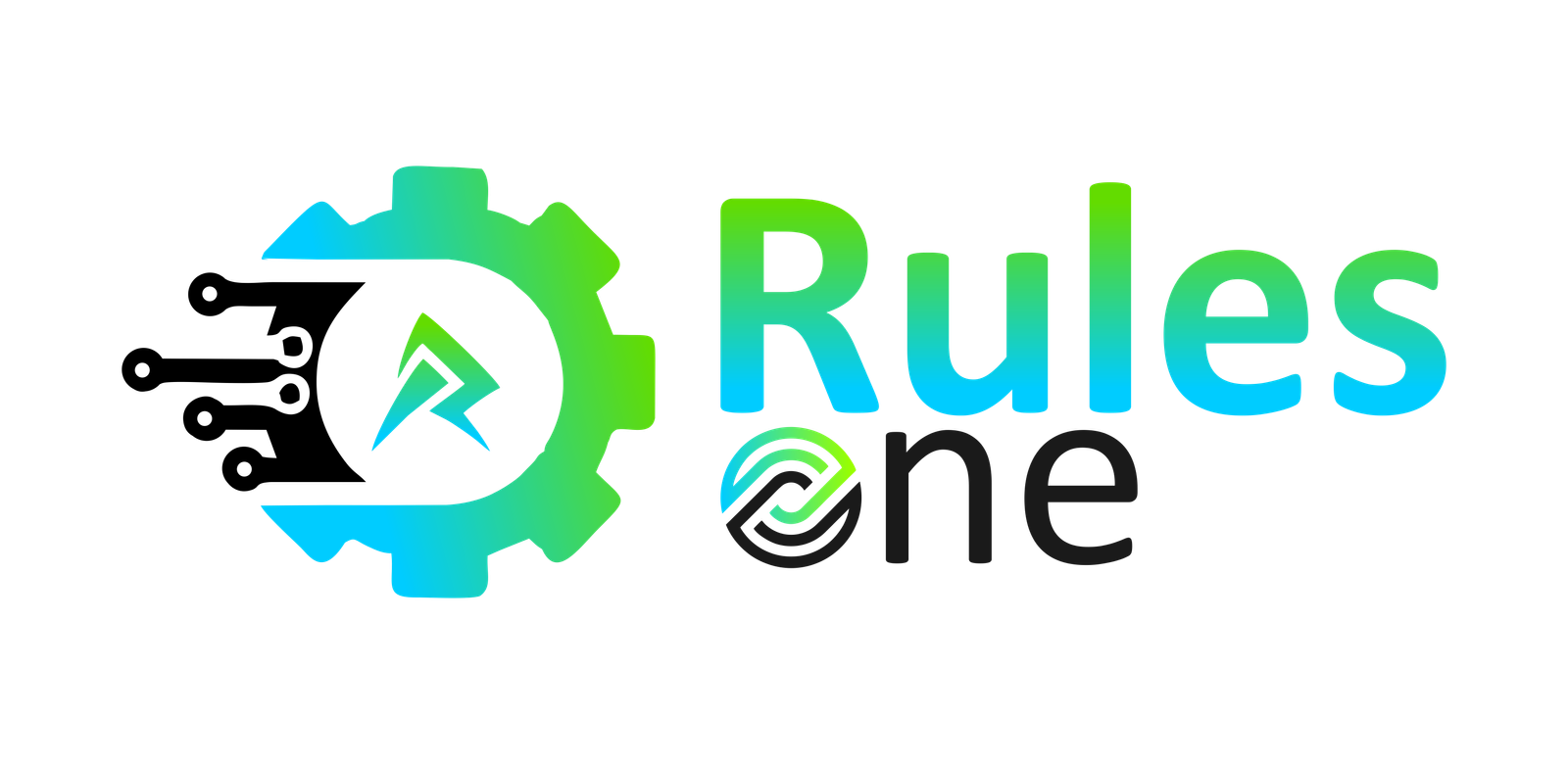Machine Learning Platforms: Powering Tomorrow’s Tech Today

How does Netflix recommend movies you might like? Or how do voice assistants like Siri or Alexa understand and respond to your commands? Behind the curtain of these tech marvels lies a world driven by machine learning. Let’s dive into the arena of Machine Learning Platforms.
Introduction to Machine Learning Platforms
- What is Machine Learning?
At its core Machine Learning (ML) is a subset of artificial intelligence. Computers can now learn from data and improve over time without explicit programming. In layperson’s terms? It’s like teaching computers to learn from experience. Think of it as training a puppy: the more tricks and commands it knows, the smarter it gets.
Importance of Platforms in Machine Learning
A platform acts as the foundation or stage for something to operate. Machine learning platforms provide the tools, libraries, and frameworks that facilitate the development, training, and deployment of ML models. It’s like having a fully equipped kitchen – it makes cooking (or, in this case, coding) much more manageable.
Key Features of Top Machine Learning Platforms
ML Platforms come packed with features. But what should you look for in a top-tier platform?
Scalability
As your data grows, your platform should too. Whether you’re working on a small project or a massive dataset, your forum must handle it easily. It’s like needing a bigger pot as you add more ingredients to your soup.
User-Friendly Interfaces
Not everyone’s a coding expert. A good platform will offer a user-friendly interface, making it accessible to beginners and seasoned pros. Imagine it being as intuitive as using your favorite smartphone app.
Advanced Analytics
Analyzing data is at the heart of machine learning. You may process data on a top-notch platform that provides cutting-edge analytics tools. It’s similar to a magnifying glass that offers intriguing information about the object you’re viewing.
Leading ML Platforms in the Market
- TensorFlow
TensorFlow is an open-source library created by Google Brain that is renowned for its adaptability and scalability. Many people turn to it first when creating deep learning models. If ML platforms were cars, TensorFlow would be the luxury sedan.
Azure Machine Learning
A product of Microsoft, Azure Machine Learning offers a good range of tools that cater to beginners and professionals. It’s user-friendly interface and vast library are like the Swiss Army knife of ML platforms.
IBM Watson Studio
IBM’s Watson Studio provides powerful tools and an intuitive interface. It integrates seamlessly with various data sources, making it a favorite for many enterprises. Think of it as the reliable workhorse in the world of ML platforms.
Pros & Cons of Using Machine Learning Platforms
- Advantages
Streamlined workflows: Like having a GPS while driving, platforms guide users through the ML process.
Integrated tools: Everything you need is in one place, making the development process smoother.
Community support: With popular platforms, there’s a vast community ready to help, similar to having a team of mentors.
Challenges
Learning curve: Like learning a musical instrument, mastering a platform can take time.
Costs: Some venues come with hefty price tags reminiscent of gourmet dining.
Compatibility issues: Not all tools may be compatible with every platform, much like certain phone chargers only work with specific phones.
Conclusion
Machine learning platforms are crucial in determining the direction of technology. The significance of these platforms will only increase as we move forward. Understanding and selecting the appropriate venue is essential whether you’re a beginning programmer or a company trying to integrate AI.
Rate us our Post (Machine Learning Platforms: Powering Tomorrow's Tech Today)How much do you like our Article








